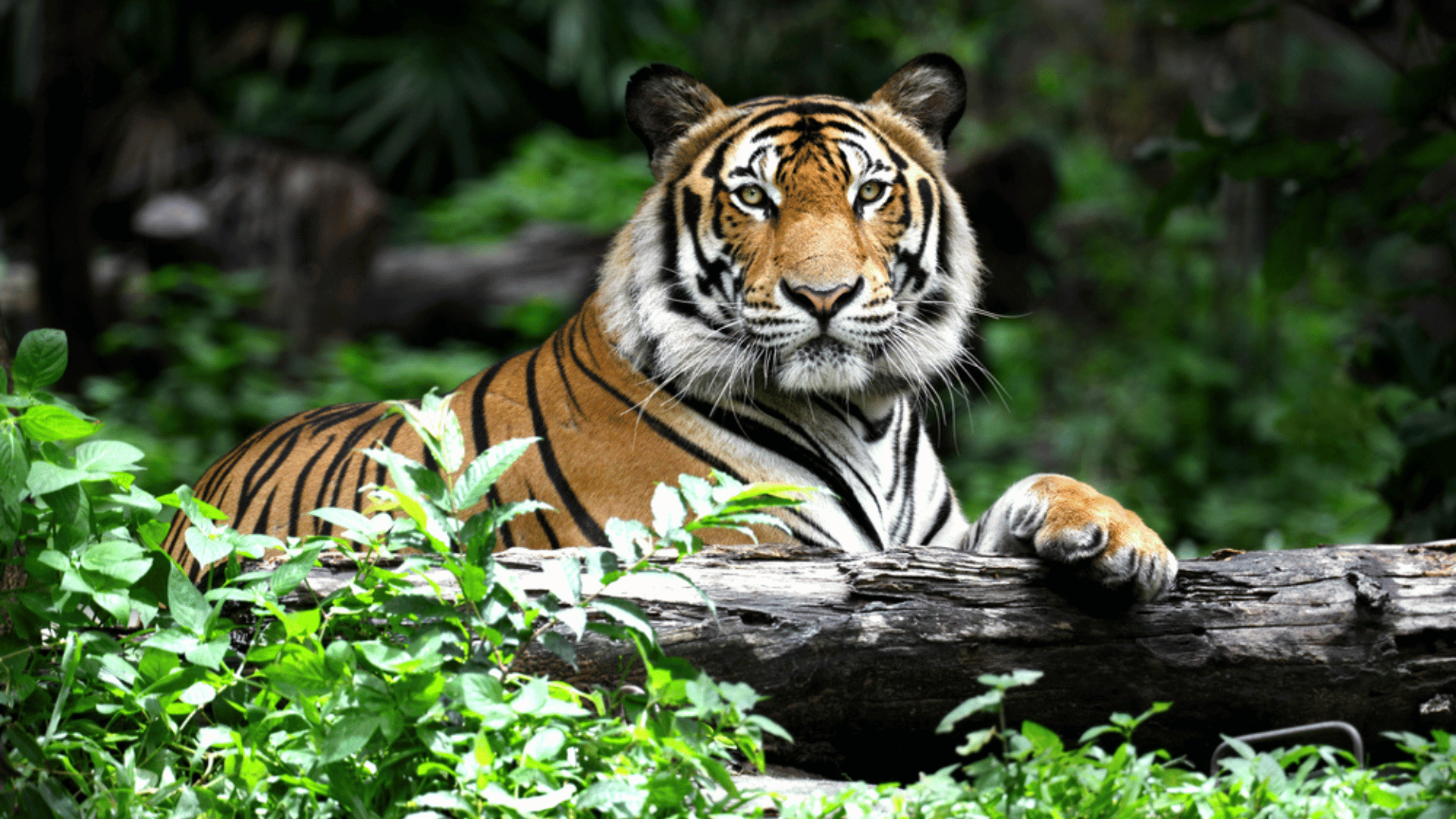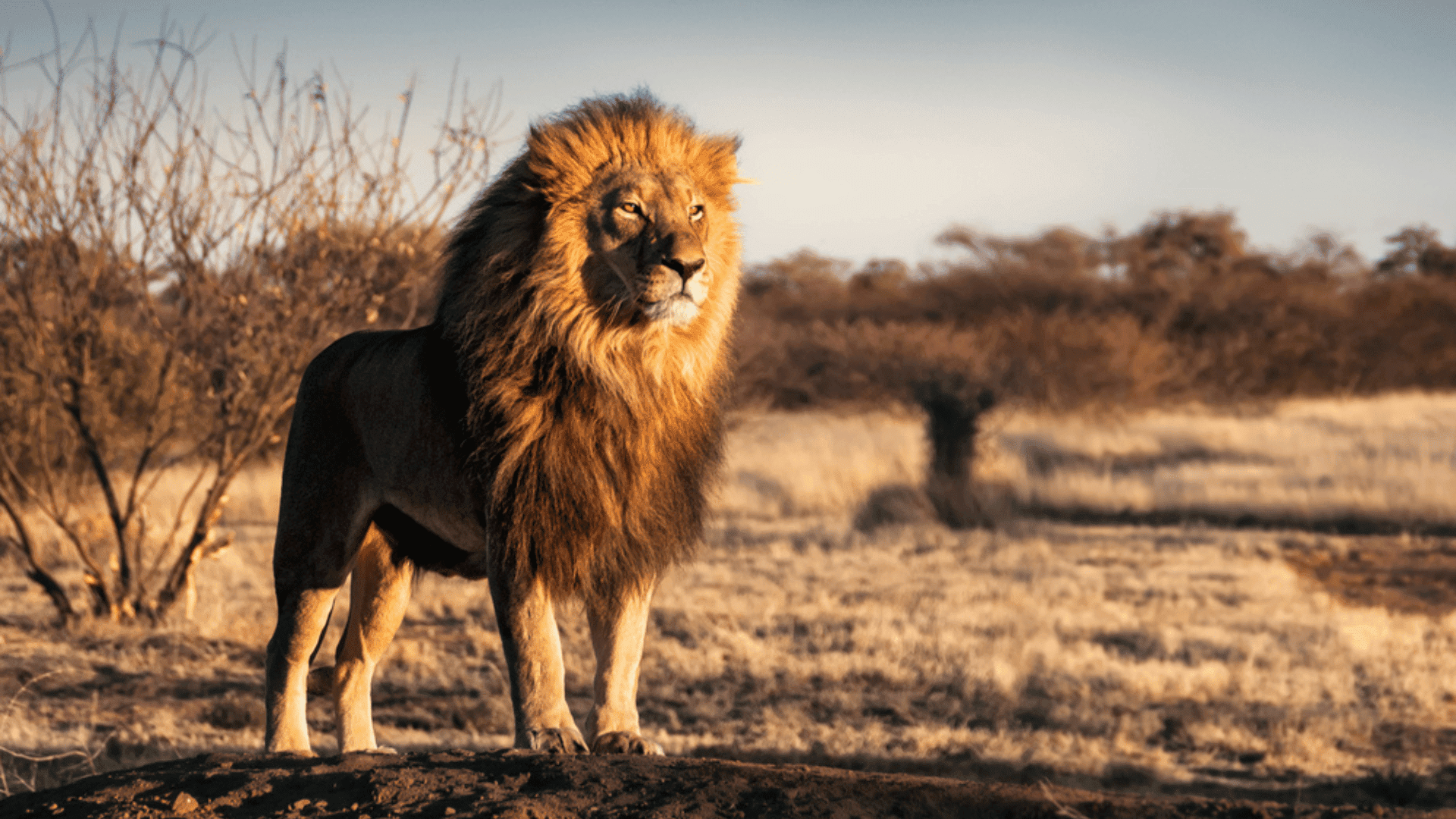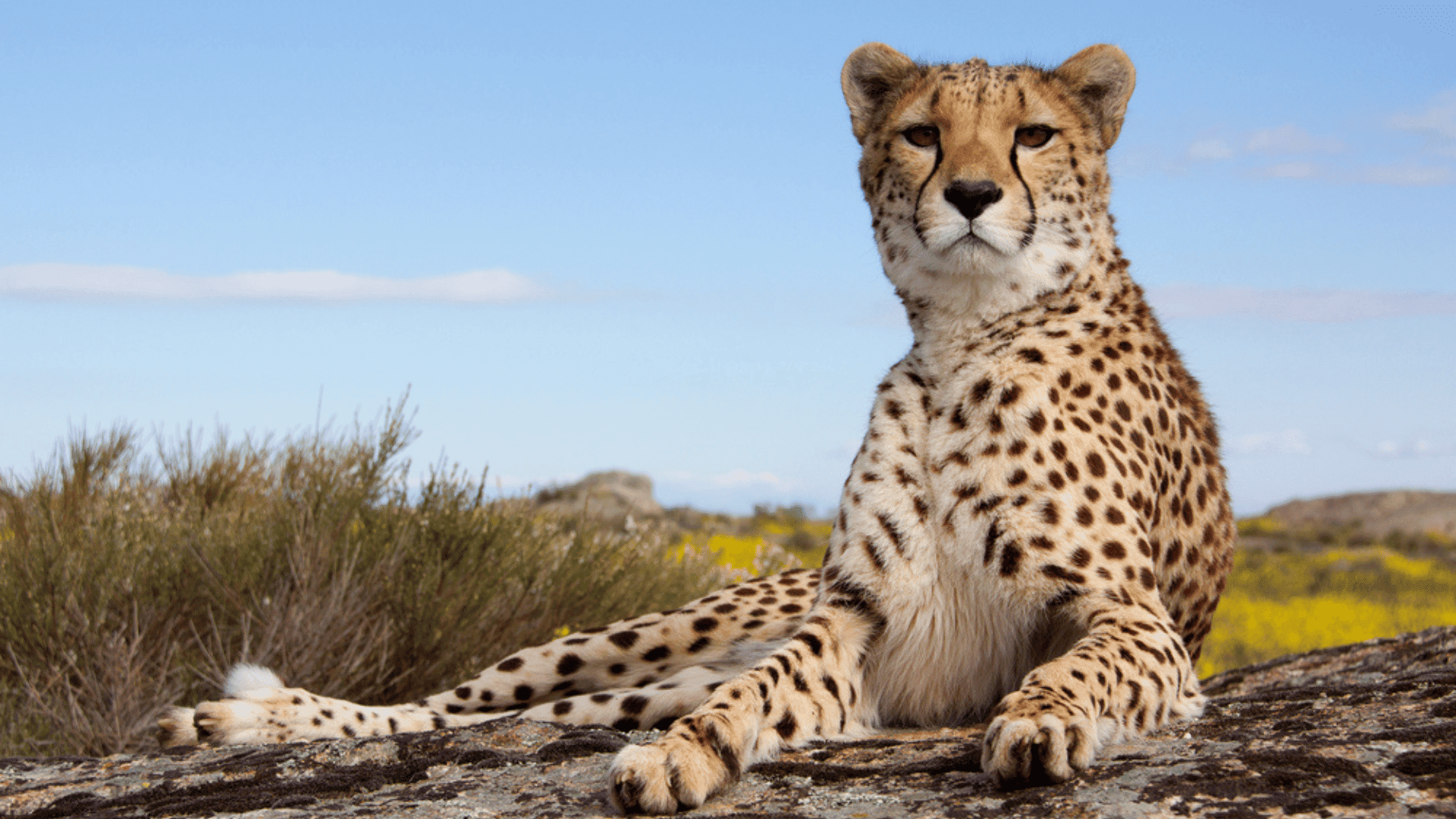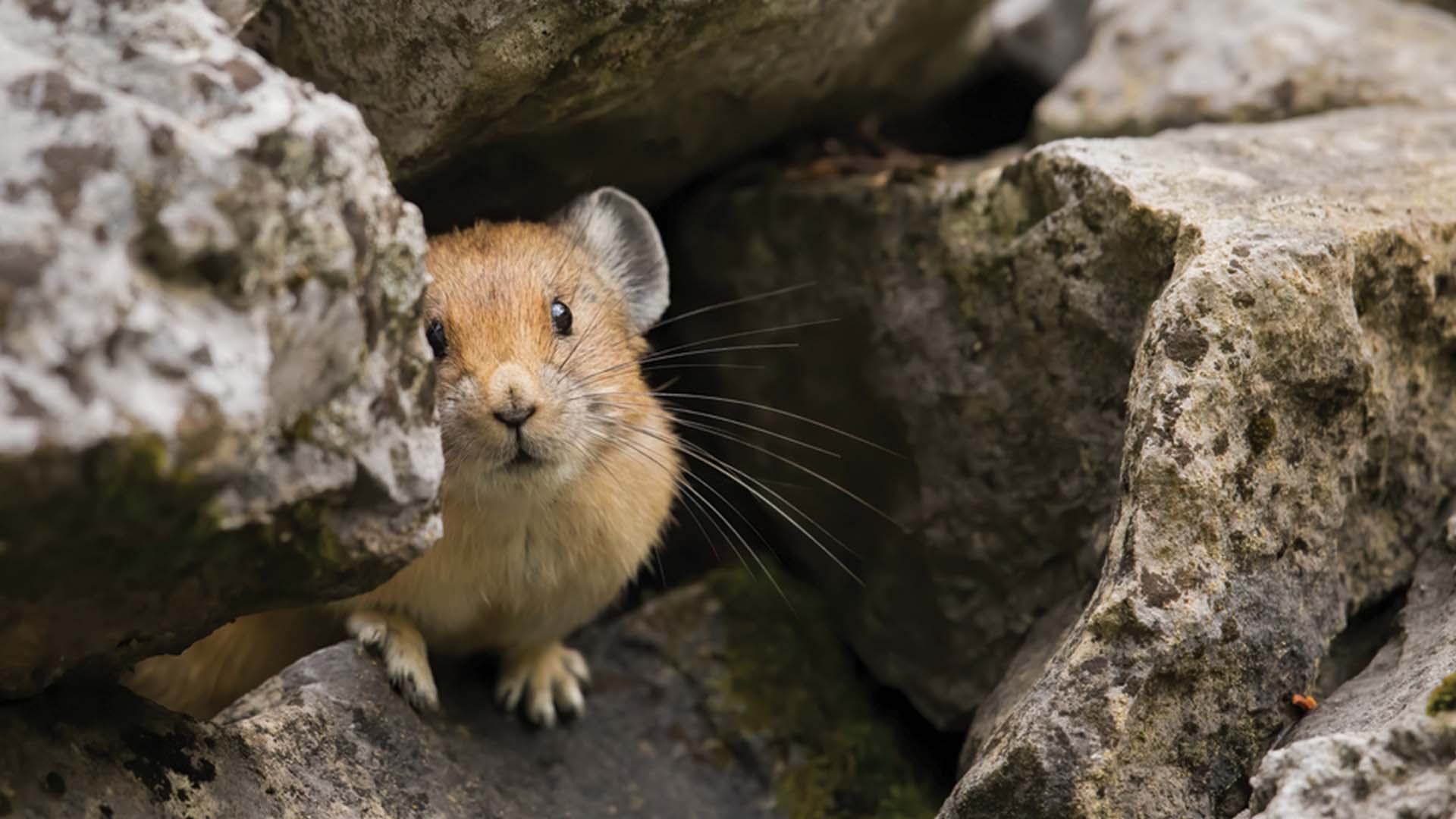A new study shows that exotic cats are capable of recognizing and distinguishing between human voices.

Professor Jennifer Vonk from Oakland University in Michigan discovered that such non-domesticated species have the “remarkable ability” to tell the difference between human voices they recognize, and human voices they don’t.
Working alongside graduate student Taylor Crews and a team, Vonk studied 24 cats across 10 species including lions, tigers, and cheetahs. The cats, which were looked after by humans, were played a series of recordings of different human voices.
The scientists discovered that the cats responded “more quickly and with greater intensity” to familiar voices. The differences they noticed were that, when the cats heard familiar voices, they would turn their heads and move both ears. It was also noted that they appeared to respond for a longer period when hearing a familiar voice versus a nonfamiliar voice.

“We were a little surprised by how clear the results were but not by the fact that cats would respond to familiar voices,” Vonk told Newsweek. “We were a little surprised that human-reared cats weren’t more responsive than mother-reared cats.”
Explore Tomorrow's World from your inbox
Get the latest science, technology, and sustainability content delivered to your inbox.
I understand that by providing my email address, I agree to receive emails from Tomorrow's World Today. I understand that I may opt out of receiving such communications at any time.
The new study suggests that, regardless of their rearing history, a cat is more able to distinguish between voices when it has experienced close human contact. The findings also disprove the previously held belief that less social species lack these types of socio-cognitive abilities.
“[These findings] show that the recognition of individual human vocal cues does not depend upon domestication or a history of living in social groups,” Vonk said. “At a practical level, they show that cats may not be distracted by the public speaking their names as they did not respond more to their names.”

Though there have been previous studies into animals’ abilities to recognize voices, there has been little research into the entirety of the feline family. Further research regarding how cats recognize familiar voices could provide new insights into improving their care.
“We are looking at whether cats look more to familiar humans when they cannot solve a task and we are investigating recognition of familiar humans in snakes and owls as well,” Vonk said. “I’m also interested in how rearing affects cats’ (including domestic cats) social cognition more broadly.”







